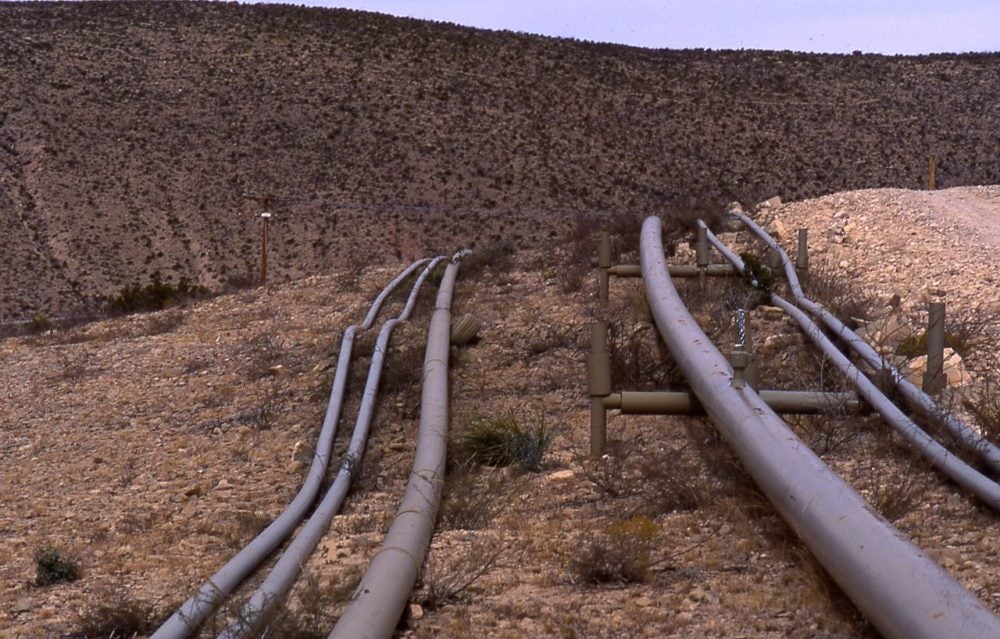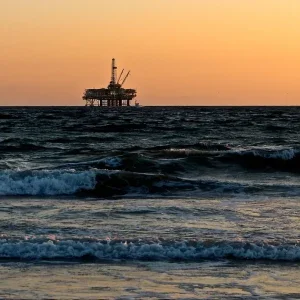
India has built a 450km pipeline as part of the country’s shift to a gas-based economy.
Speaking in an online video conference today (5 January), Prime Minister Narendra Modi said the Kochi-Mangaluru natural gas pipeline, which will connect the southwestern states of Kerala and Karnataka, marks an important milestone towards the creation of his government’s “One Nation One Gas Grid” ambition.
With India already sitting as the world’s third-highest emitting country, questions are likely to be asked whether this latest commitment towards gas-based fossil fuels is compatible with the international climate goals laid out in the Paris Agreement.
Gas-based economy in India has “several environmental benefits”
But, although the policy initiatives will increase the share of natural gas in India’s energy basket from 6% to 15% by 2030, Prime Minister Modi claims the proposals do have “several environmental benefits”.
He added: “Dedication of the Kochi-Mangaluru natural gas pipeline of GAIL is part of our journey to move towards One Nation One Gas Grid. Clean energy is important for a better future. This pipeline will help improve clean energy access.
“This is an important day for India, especially for the people of Kerala and Karnataka. These two states are being connected by a Natural Gas pipeline. I congratulate the people of these states.
“Congratulations also to all stake-holders for taking steps to providing clean energy infrastructure. The pipeline will have a positive impact on the economic growth of these two states.”

Modi said the project will improve the ease of living in both states and reduce the expenses of the poor, middle class and entrepreneurs in the region.
He added that it would become the base of the Gas Distribution System in many cities and would also form the base of the compressed natural gas (CNG) transportation system in the cities.
Additionally, the pipeline will provide clean energy to oil refining company, Mangalore Refinery, and play a “major role” in reducing the pollution in both of the states.
The prime minister claims the resulting reduction in pollution will have a similar direct impact on the environment to planting millions of trees – a move that would “help in improving people’s health and reducing their health-related expenditure”.
He added that the construction will generate 1.2 million days of employment for workers and will develop a new ecosystem of employment and self-employment after its commissioning – providing a welcome boost to the fertiliser, petrochemical and power sector.
Modi noted that it will also help India in saving thousands of crores of foreign exchange for the country.
Keen focus on natural gas and diversifying other energy resources for India’s future energy needs
The prime minister said efforts are currently ongoing on how to prepare for the country’s future energy needs, with a keen focus on natural gas and diversifying other energy resources.
As an example, he pointed to the proposed world’s biggest renewable energy plant in the western state of Gujarat – a key part of the Indian government’s ambitions to ramp up the nation’s clean energy capacity to 175 gigawatts (GW) by 2022, 275GW by 2027 and 400GW by 2030.
Modi said work is ongoing to produce ethanol from rice and sugarcane, while a goal of ethanol blending in petrol of up to 20% across the next 10 years has been established.
He added that the government is committed to providing every citizen with affordable, pollution-free fuel and electricity.
In his speech, the prime minister also laid out his vision for a “fast and balanced coastal area development” in the states of Kerala and Karnataka.
He said a “comprehensive plan” for the development of a “blue economy” in the coastal states, such as Karnataka, Kerala and other South Indian regions, is under implementation.
Modi views the potential of a blue economy as an important source of “Aatamnirbhar India”, which translates to a “self-reliant India”.
The prime minister added that ports and coastal roads are being connected with a focus on “multi-modal connectivity”, and he confirmed that the government is working with an aim to turn the coastal region into a “role model of ease of living and ease of doing business”.






